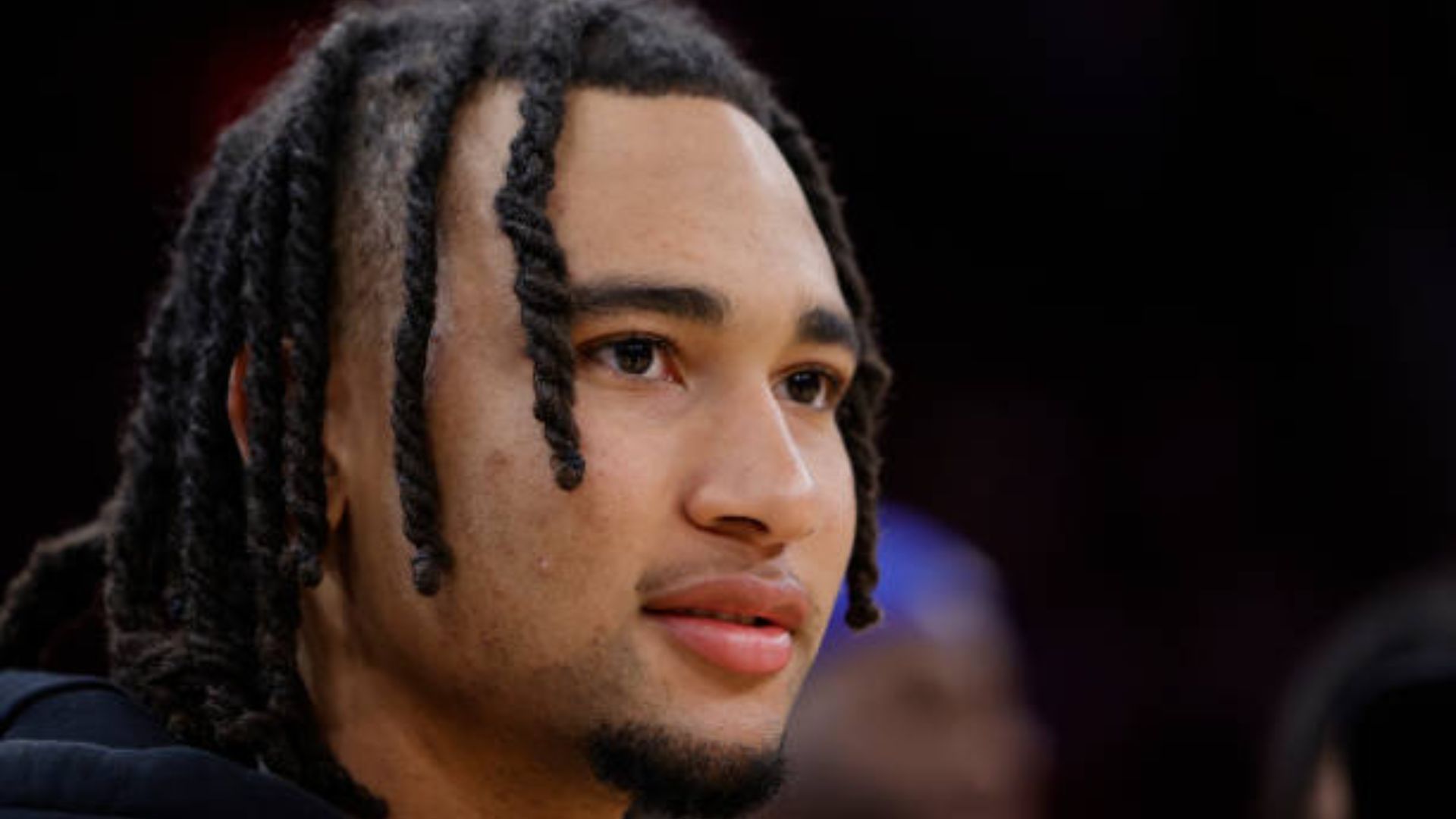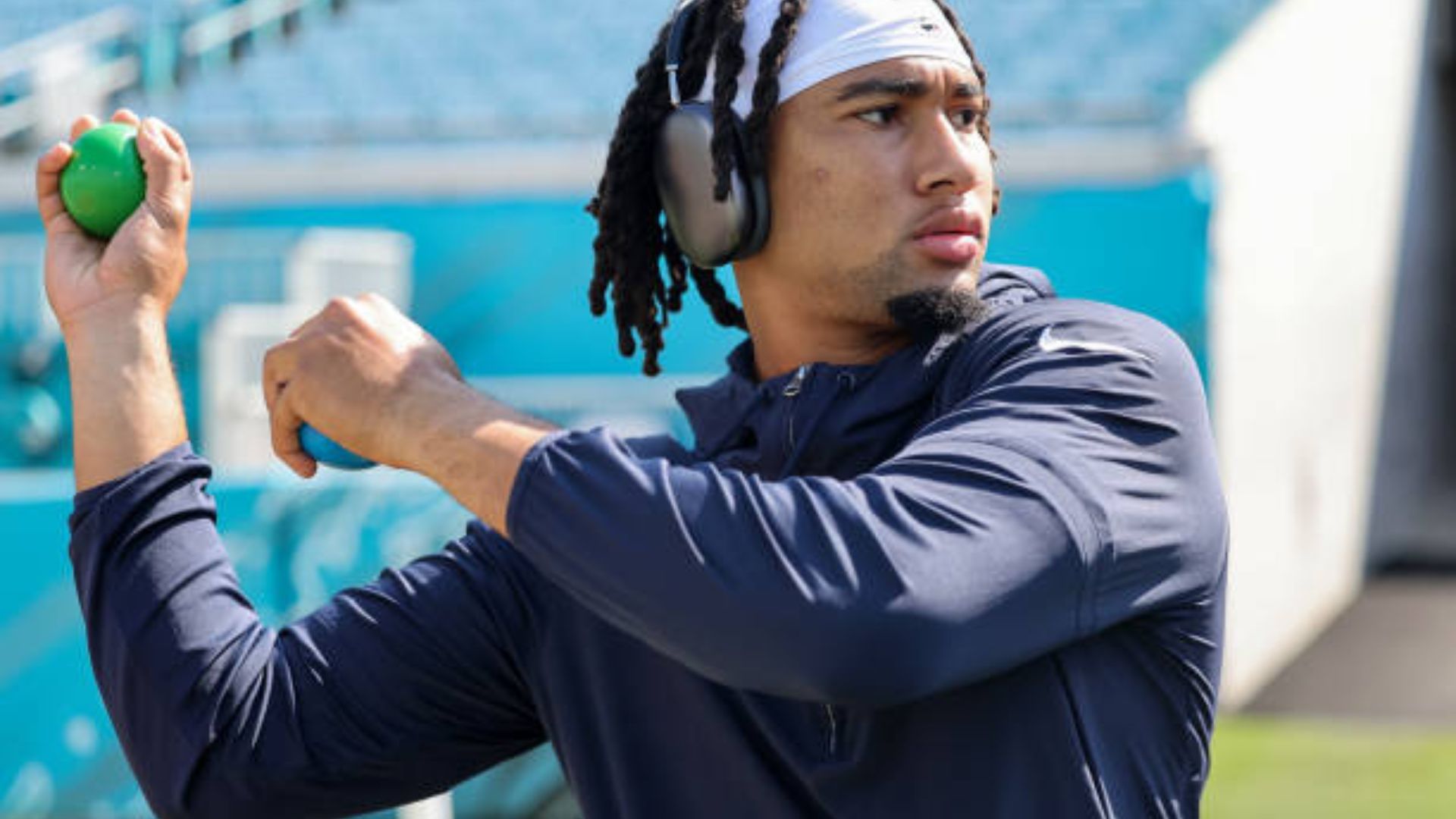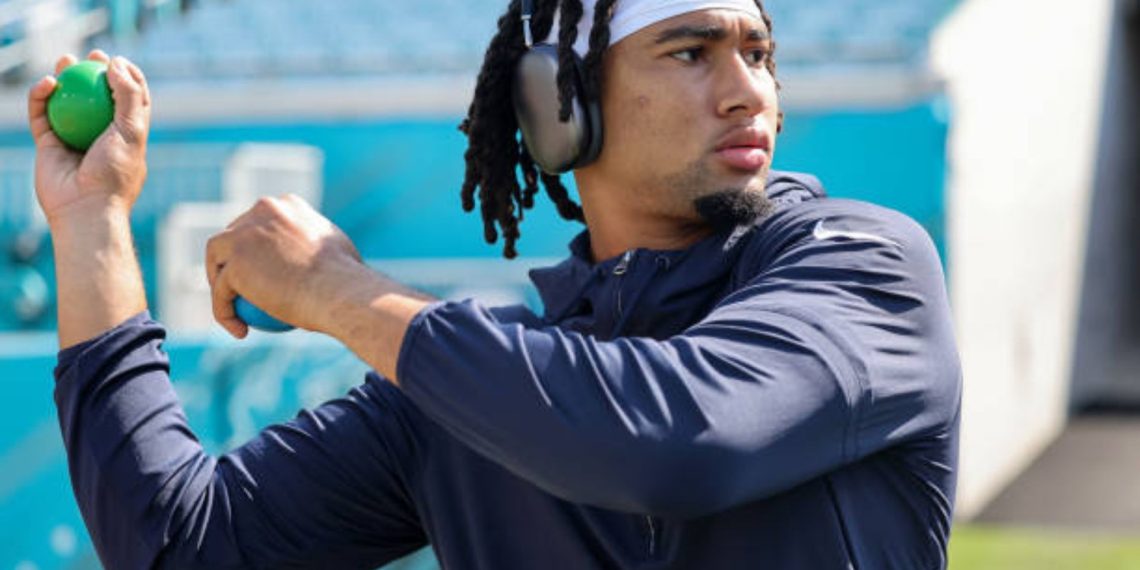The upcoming 2024 NFL Draft has taken an interesting turn with Athletes First, an influential agency, advising its clients, who are prospective draft picks, to abstain from participating in cognitive testing during the pre-draft process.
The agency, home to notable clients like Houston Texans quarterback C.J. Stroud, reportedly communicated this decision to NFL teams in January, emphasizing concerns about confidentiality and public scrutiny.
In an email to NFL teams, Athletes First expressed its reservations about cognitive and psychological testing, citing a lack of confidentiality and the potential for public discussion and ridicule based on leaked results.
The agency conveyed a willingness for its clients to engage in standard pre-draft physical activities, football-based interviews, and film reviews but asserted their refusal to subject players to a range of psychological tests.
Houston Texans quarterback C.J. Stroud, a client of Athletes First, previously faced scrutiny over his reported low score on the S2 Cognitive test last year. Despite concerns, Stroud went on to be selected as the No. 2 overall pick in the 2023 NFL Draft and had a standout season, winning NFL Offensive Rookie of the Year.

The S2 company, responsible for the Cognitive test, currently holds contracts with half of the NFL’s 32 clubs. While these test scores are not definitive indicators of success in the NFL, they do play a role in prospect evaluation. Notably, Stroud’s experience prompted Athletes First to take a stand against subjecting their clients to such psychological assessments.
Brandon Ally, co-founder of the S2 Cognition test, pushed back against negative perceptions surrounding Stroud’s scores, emphasizing inaccuracies in leaked information.
Ally highlighted the importance of context, noting instances where athletes performed better in subsequent assessments and defended the integrity of the testing process.

The S2 test, divided into nine segments, assesses a quarterback’s ability to track multiple objects, make complex decisions, and navigate different defensive scenarios, incorporating elements of improvisation.
Administered through a gaming laptop, the 45-minute test measures a player’s capacity to swiftly analyze on-screen information, providing insights into cognitive abilities relevant to football.
As Athletes First takes a stand against cognitive testing for its clients, the NFL Draft process continues to evolve, with agencies, players, and evaluators navigating the intersection of athletic prowess and mental assessments.
The debate surrounding the role of cognitive testing in shaping draft prospects’ narratives adds an intriguing layer to the lead-up to the 2024 NFL Draft.




